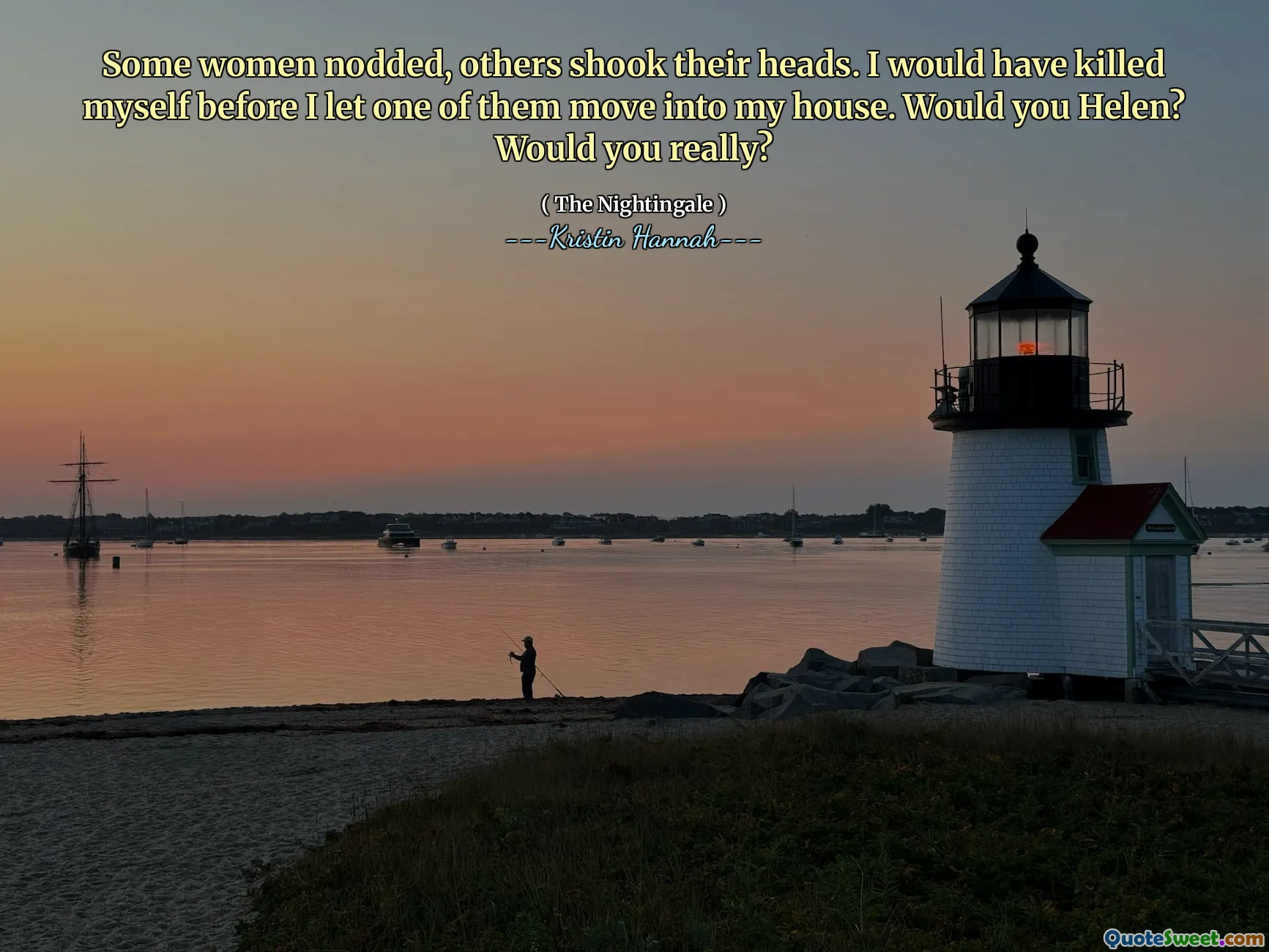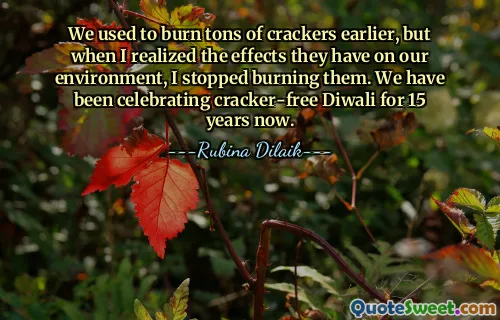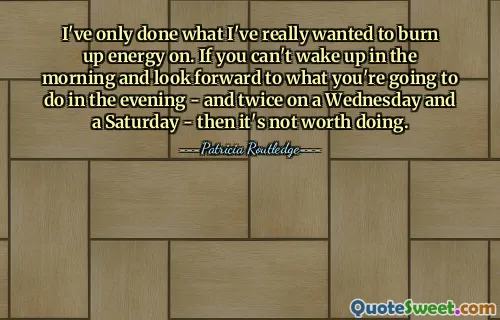
Some women nodded, others shook their heads. I would have killed myself before I let one of them move into my house. Would you Helen? Would you really?
This quote grapples with intense emotional boundaries and a profound sense of personal integrity, touching on trust, invasion of privacy, and the complexities of human relationships under duress. The speaker expresses an uncompromising stance, suggesting that they would rather choose death than allow certain others to enter their personal space. This evokes a powerful image of protection—both of self and of one's home—but also raises questions about fear, judgment, and the nature of interpersonal conflict.
In a broader sense, the quote might reflect the psychological and emotional scars left by traumatic events or social turmoil, as portrayed in Kristin Hannah's The Nightingale. The book is known for exploring the harrowing choices and sacrifices made by women during wartime. Here, the narrator’s sentiments hint at a world fraught with danger, suspicion, and a stark division among women, caught between defense of self and forced cohabitation in impossible circumstances.
This emotional threshold reveals much about human resilience and limits. The question posed at the end, "Would you Helen? Would you really?" serves as a provocative challenge to the listener (or reader), urging reflection on what one’s own limits would be in the face of intrusion or betrayal. It pits the concepts of survival and morality against each other, leaving the reader to contemplate where they might stand. Are there situations in which personal boundaries justify extreme reactions? How do these decisions reflect one’s identity and values?
Ultimately, this passage highlights the raw, conflicting emotions that define moments of crisis—the challenge of choosing between self-preservation and compassion, fear and forgiveness. It is a testament to the complexity of the human spirit when confronted by adversity.





